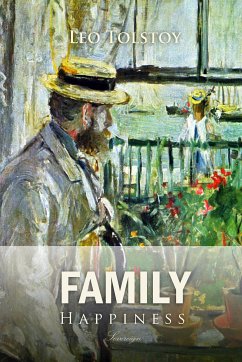First published in 1859, and set in 18th-century Newport, Rhode Island, THE MINISTER'S WOOING is an historical novel and a domestic comedy. Mary Scudder lives with her widowed mother and their boarder, Dr Hopkins, a Calvinist minister who is dedicated to helping the slaves arriving at Newport. Mary admires Hopkins but is in love with the passionate and sceptical James Marvyn who, hungry for adventure, sets sail for exotic destinations. The novel offers a critique of Calvinism, and examines the issues of slavery and gender in early America.
Bitte wählen Sie Ihr Anliegen aus.
Rechnungen
Retourenschein anfordern
Bestellstatus
Storno









